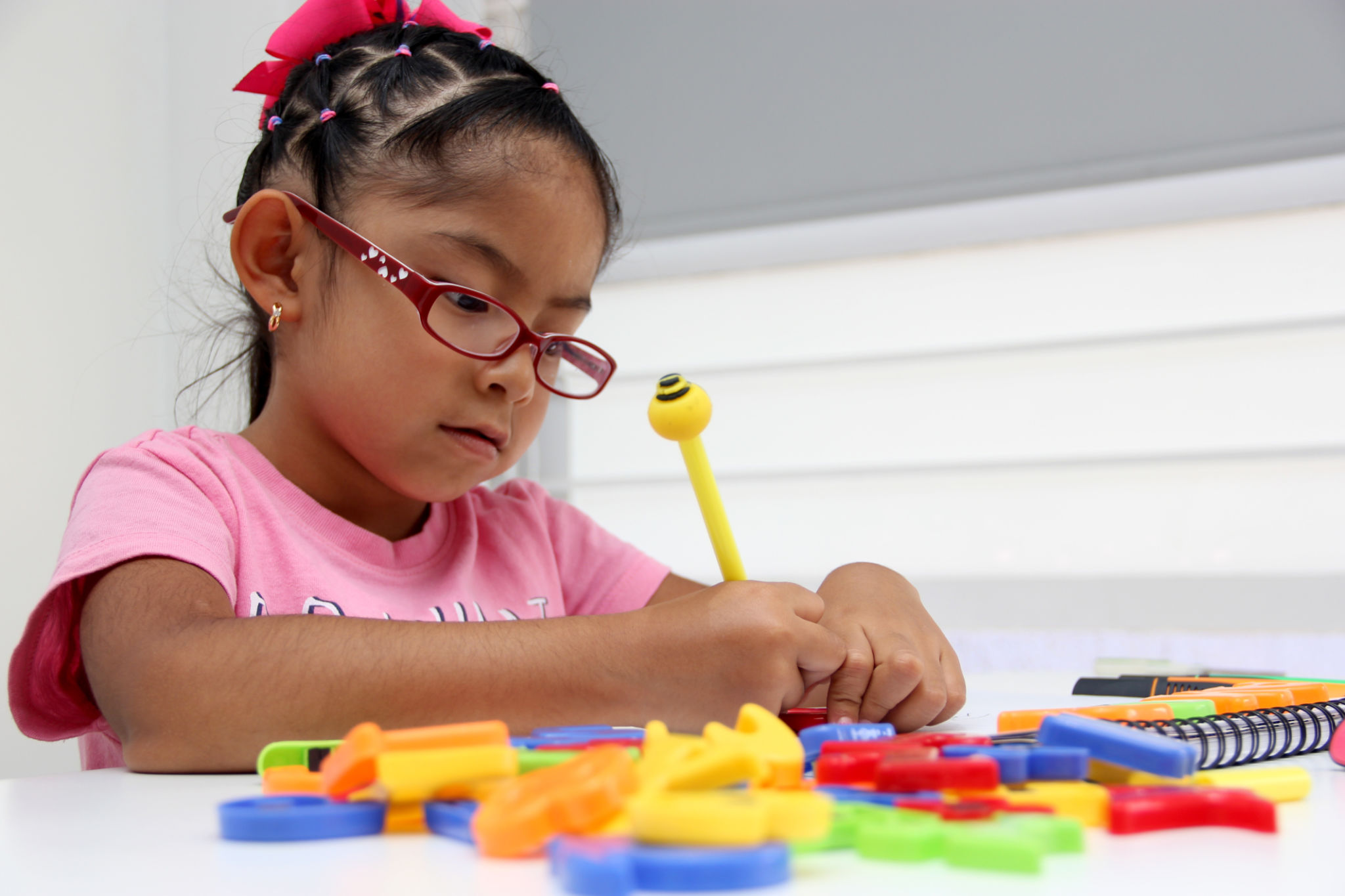Debunking Common Myths About School Psychology
Introduction to School Psychology
School psychology is a unique field that combines principles from psychology and education to support students, teachers, and parents. Despite its importance, several myths about school psychology persist, leading to misunderstandings about what school psychologists do. In this blog post, we'll explore and debunk some of these common myths.

Myth 1: School Psychologists Only Work with Students Who Have Behavioral Issues
One of the most prevalent myths is that school psychologists only work with students who have behavioral problems. While addressing behavioral issues is part of their role, school psychologists have a much broader scope. They collaborate with teachers and parents to create supportive learning environments, help with academic assessments, and develop strategies to improve student learning for all students, not just those with difficulties.
Role in Academic Assessments
School psychologists play a crucial role in conducting academic assessments to identify students' strengths and areas for improvement. These assessments help tailor educational strategies to meet individual needs, benefiting the entire student body.
Myth 2: School Psychologists Are Just Counselors
Another common misconception is that school psychologists perform the same duties as school counselors. While both professions aim to support students, their approaches and responsibilities differ significantly. School psychologists are trained in psychological testing, research, and data analysis, allowing them to provide a more comprehensive approach to problem-solving within the school setting.

Training and Expertise
School psychologists often hold advanced degrees in psychology and are trained to apply their expertise in educational settings. This training enables them to address a wide range of issues, from mental health support to implementing educational policies.
Myth 3: School Psychologists Only Work with Students
It's a common myth that school psychologists only focus on student-related issues. In reality, they work closely with teachers, administrators, and parents to promote a healthy school environment. They provide support through workshops, training sessions, and consultations to ensure that everyone involved in the educational process is equipped with the tools they need for success.
Collaboration with Educators
By collaborating with educators, school psychologists help develop effective teaching strategies and classroom management techniques. This collaboration ensures that the educational environment is conducive to all students' learning and growth.

Myth 4: School Psychologists Are Only Needed for Crisis Situations
Many people believe that school psychologists are only called upon during crises or emergencies. While crisis intervention is part of their job, they are also actively involved in preventative measures. They work on programs that promote mental health awareness and resilience among students, aiming to prevent issues before they arise.
Proactive Mental Health Support
School psychologists often implement proactive mental health programs that focus on building resilience and coping skills among students. These initiatives are designed to address potential issues early on, contributing to a healthier school environment.
Understanding the true role of school psychologists is essential for maximizing their impact within educational settings. By debunking these myths, we can better appreciate the diverse and valuable contributions they make to schools and communities.